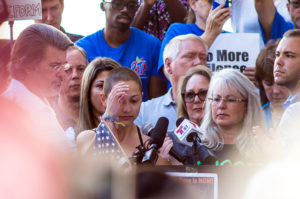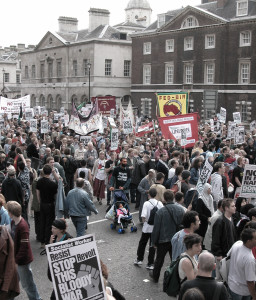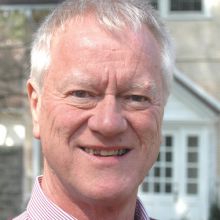Next Time You Hear These Awful Phrases, “Call B.S.!”
We’ve all heard toxic, disempowering, dream-stomping clichés like
- “You can’t fight City Hall”
- “We’ve always done it this other way”
- “That’s impossible”
- “You’ll always be a failure”

I’m sure you make the world better in other ways. Not everyone is cut out to be an activist–it’s a path where 90 percent or more of your efforts seem to be for naught (though often, change IS happening but not visible in the moment).Because I focus on the positive, I’m able to find the strength to continue. I keep in mind that when I was born in December, 1956, half of the US was still officially segregated and racism still ruled most of the rest. Women and people of color had very few career opportunities. White women were mostly teachers and nurses while people of color were channeled into laborer, domestic, sanitation worker.Male-on-female domestic violence and casual sexual harassment were considered normal and acceptable. People were still getting fired or even imprisoned for being in a same-sex or interracial relationship. There was close to zero awareness of pollution, climate change and making our ecosystems more resilient. Decent food was very difficult to find. And the last well-known nonviolent revolution had been in India almost a decade earlier.Except that OFFICIAL segregation had ended, most of that was still true on October 15, 1969, when one casual comment within a speech at the first Vietnam peace demonstration I ever attended set me on a lifetime path of activism. Yet, in 53 years–a nanosecond in geologic time or even in human history–all of that has shifted. So things ARE getting better because of activism.The other thing that keeps me going is the knowledge that MY OWN ACTIONS have made a difference several times.Here are my top three: 1) I founded Save the Mountain, the group that kept a particularly offensive luxury housing development off the Mount Holyoke Range [Hadley and South Hadley, Massachusetts, USA] a mile and a half from my house. Even experts within the environmental movement locally had given up hope. I went in with the attitude that we would win–but even I thought it would take us five years. We did it in just 13 months–because all of us worked on different pieces where we had expertise, and because we had mass support from area residents.2) I was one of the 1414 people arrested on the construction site of the Seabrook [New Hampshire, USA] nuclear power plant in 1977. By the time the last of us was released two weeks later, a national safe energy movement had been born, most of it adopting the nonviolent resistance techniques and consensus decision making that we used in Clamshell Alliance here in New England. Here’s a link to an article I wrote about the lasting shifts in the culture that movement created: https://greenandprofitable.com/40-years-ago-today-we-changed-the-world-part-4-shifts-in-the-culture/. And while we ultimately lost the battle to keep Seabrook from being built, we basically put a halt to the development of new nukes (unfortunately, we have to fight that battle again–but keeping these unsafe and unnecessary monsters off the drawing boards and out of the power grids for nearly 40 years is a pretty good outcome. And this time, I have great confidence that we will win.)3) My work in local electoral politics [Hampshire County, Massachusetts] has helped to bring about a lasting progressive majority and a series of four progressive mayors in a row in Northampton, and this April took back the Hadley Select Board again after losing to a Trumpian majority in 2021 when we couldn’t find anyone willing to run. I think we’ve taken control of the board three times. Two for sure.


